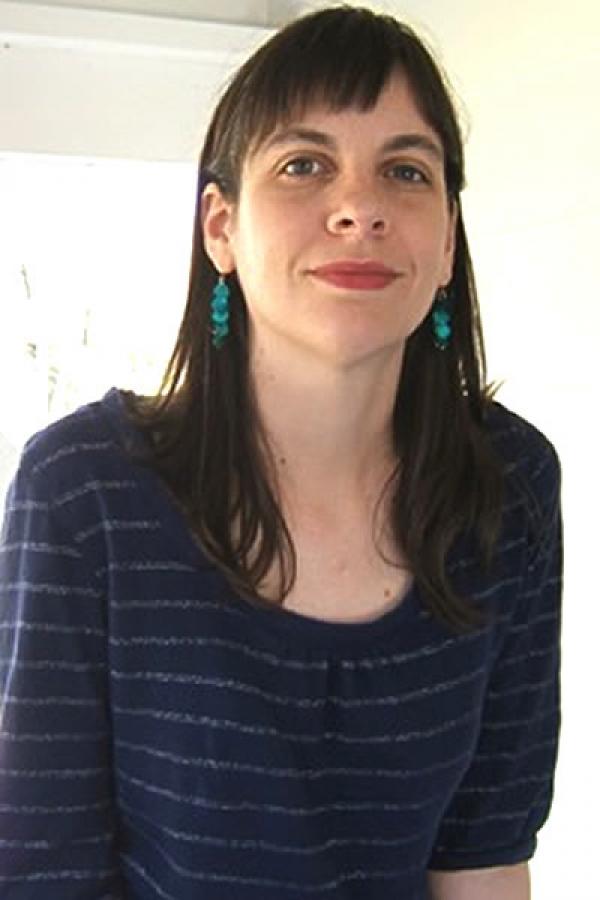Melissa Range

Photo by Claire McQuerry
Bio
Melissa Range's first book of poems, Horse and Rider (Texas Tech University Press, 2010), won the 2010 Walt McDonald Prize in Poetry. Range is the recipient of a Rona Jaffe Foundation Writers' Award, a "Discovery" / The Nation prize, and fellowships from the American Antiquarian Society, Yaddo, the Virginia Center for Creative Arts, the Sewanee Writers' Conference, and the Fine Arts Work Center in Provincetown. Recent poems have appeared in 32 Poems, Ecotone, Image, New England Review, Subtropics,and other journals. Originally from East Tennessee, she currently lives in Wisconsin, where she is an assistant professor of English at Lawrence University.
Author's Statement
I am at the start of a new manuscript, my third, a historical collection about the abolitionist movement in the United States. Like most people, I guess, I once heard the word "abolitionist" and thought of Harriet Tubman, William Lloyd Garrison, Frederick Douglass, John Brown, and Angelina Grimké, and that was about it. Then, a few years ago, a friend of mine told me about an early abolitionist newspaper that once operated about twenty miles from where I grew up in East Tennessee. I learned about the Quaker who ran this newspaper, a man named Elihu Embree. How had I not learned about him in school? I knew I wanted to write about him.
A couple of summers ago, I did my first bit of extensive research into the movement and began to realize just how big it was. I went from wanting to write about Embree to wanting to write about the movement as a whole, which was much larger and more diverse than most of our history books might lead us to believe. Being part of the antislavery cause involved a lot of sacrifice and courage, particularly before the movement gained steam. I don't think the stories of these brave and forward-thinking folks should be forgotten, which is part of why I want to write this book.
Although I've done a bit of archival research already, the more I learn, the more I see I need to know before I can even begin to do the movement justice. The award will not only allow me to travel to various archives, museums, and historic sites around the country but will also allow me to take a term away from teaching so I can synthesize what I've learned and begin transforming research into poems. I'm very grateful.
"Elizabeth Margaret Chandler Passes on Dessert"
She's got a sweet tooth, a candy mouth—
yet she sweeps by the ice-creams without a taste.
She won't eat slave sugar from the South.
The company thinks it most uncouth.
A young lady knows better than to slight her host.
To make the boiled custards that candy their mouths,
the cook had to chip a ten-pound sugarloaf, froth
it with butter, thick cream, lemon zest.
It was labor, but she's not a slave mother in the South,
caught between the canebrake and the tablecloth.
The hostess is pound-cake white, dressed
in cotton, her sweet smile decaying in her mouth.
Seeing the plate of marzipan, Elizabeth,
in wool, sees women's unclothed backs beat to a paste,
children scythed in the sugar fields of the South.
Gnawed half to death by faith and wrath,
she fingers her teaspoon, bright and chaste.
Call her fool tooth, call her trifle mouth,
but she won't eat that slave sugar from the South.

